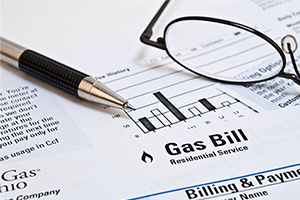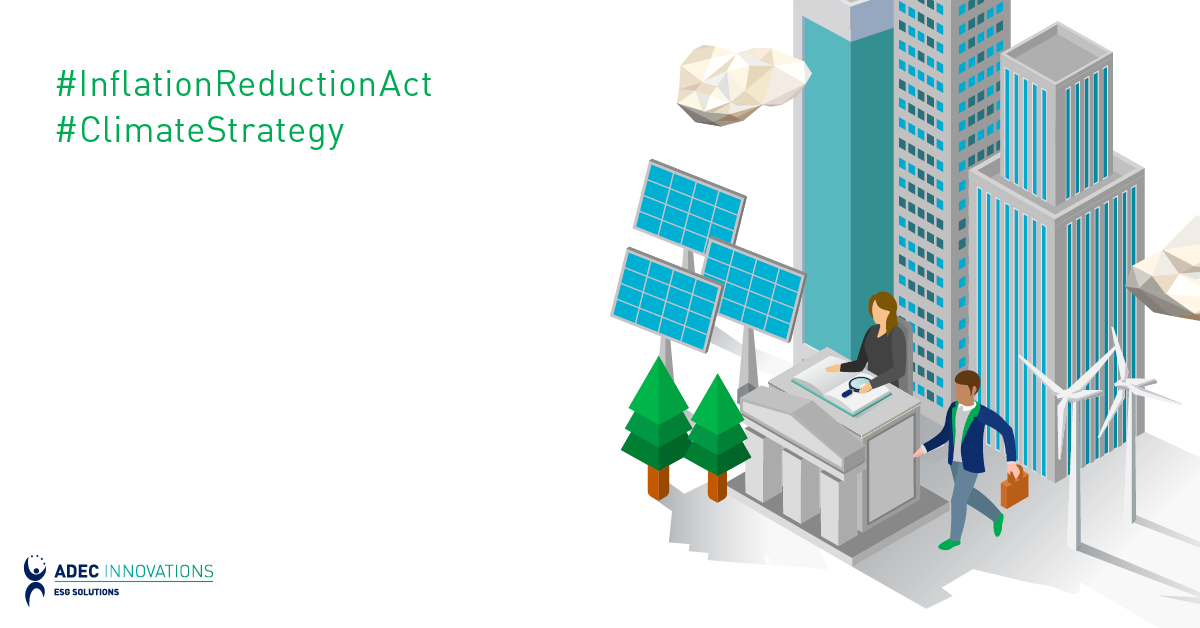 Corporate utility management strategies should include two basic components: effective utility billing data collection and organization; and finding ways to use that information to become more efficient and reduce cost. If you are not using a third party bill payment partner today to handle your data collection and organization, you should take a look at what they can offer. For the purposes of this blog we will be focusing on electric utility billings but the principles apply to all utility types.
Corporate utility management strategies should include two basic components: effective utility billing data collection and organization; and finding ways to use that information to become more efficient and reduce cost. If you are not using a third party bill payment partner today to handle your data collection and organization, you should take a look at what they can offer. For the purposes of this blog we will be focusing on electric utility billings but the principles apply to all utility types.
Poor Data Collection and Organization Methods Used
First, let’s look at data collection and organization. Often I find that clients have tried to build their own database, trying to save money from using a commercially available product. The problem is that such a database is tied to the AP system and captures only summary usage data. Or worse yet, their database consists of a file cabinet filled with bill images sorted by month paid. The utility bills are stored alongside the lawn care or copy paper invoices for that month. Unfortunately, when they try to use the information for audit purposes, they find that their effort is not effective. Both of these methods fail to give clients a holistic picture of their electric consumption and how they are being billed.
The Value of Good Billing Information
 There are many opportunities to reduce costs while ensuring complete billing information. Alternative rate audits, energy procurement and energy efficiency audits all require full billing component information to complete an accurate audit. Summary kWh usage is not sufficient in most cases. You need to know if the kwhs are billed as total usage or if they are billed in Time of Use increments, such as on- or off-peak usage. Still, usage is sometimes billed in tiers where the cost per unit depends on the amount of electricity you consume. Knowing this structure is not important just for rate audits; it is crucial for energy efficiency audits as well. If a measure you are implementing saves energy on off-peak utility hours you need to base the savings payback on the rate during those hours, not on average costs. Likewise, with tiered rates you need to evaluate savings based on the tiered rate you are impacting. If your rates are lower the more you use, then your savings needs to be based on those reduced costs.
There are many opportunities to reduce costs while ensuring complete billing information. Alternative rate audits, energy procurement and energy efficiency audits all require full billing component information to complete an accurate audit. Summary kWh usage is not sufficient in most cases. You need to know if the kwhs are billed as total usage or if they are billed in Time of Use increments, such as on- or off-peak usage. Still, usage is sometimes billed in tiers where the cost per unit depends on the amount of electricity you consume. Knowing this structure is not important just for rate audits; it is crucial for energy efficiency audits as well. If a measure you are implementing saves energy on off-peak utility hours you need to base the savings payback on the rate during those hours, not on average costs. Likewise, with tiered rates you need to evaluate savings based on the tiered rate you are impacting. If your rates are lower the more you use, then your savings needs to be based on those reduced costs.
It’s Not Just kWhs
KW demand must be captured if it is billed. You need to identify whether the demand on the bill is actual demand measured through the meter, or billed demand – an element of the rate the account is on which may differ from the actual demand. Both, however, are required for rate audits, energy procurement, or energy efficiency audits.
 Two other elements needed for auditing purposes are the rate/tariff the account is currently on. This identifies the pricing elements of the account. In addition, charged sales taxes need to be separated out from total cost. Based on their operation and location, some customers are eligible for sale tax exemptions on the energy they use. For example, the State of New York offers sales tax exemptions if a client purchases energy from a third party supplier. In Ohio, electricity transmitted through wires sold by a public utility is tax.
Two other elements needed for auditing purposes are the rate/tariff the account is currently on. This identifies the pricing elements of the account. In addition, charged sales taxes need to be separated out from total cost. Based on their operation and location, some customers are eligible for sale tax exemptions on the energy they use. For example, the State of New York offers sales tax exemptions if a client purchases energy from a third party supplier. In Ohio, electricity transmitted through wires sold by a public utility is tax.
Where Does a Third Party Bill Payment Partner Fit in?
Cass Information Systems, Inc. (CASS) is a leading provider of bill payment services in the United States; they process billings, and capture the accounting information and all of the billing component information. Data such as kWh and KW with any time of use increments, rate code, and taxes are all captured and retained in their billing database. CASS then publishes this information on its secure website for client review. According to Gary Langfitt, President of Expense Management Services for CASS, “The key to a successful energy program starts with accurate data. We are typically able to provide full energy data capture, automated payment and sophisticated web reporting for less than the price to simply process a payment in a corporate A/P system.”
How Do You Fare?
Does your current utility management strategy contain the two basic components to be successful? FirstCarbon Solutions (FCS), a data management and sustainability services provider, partnered with CASS to ensure that all the data gathered and recorded are accurate and precise. FCS not only guarantees that your data is captured comprehensively; it also has the software to store this information – present right at your fingertips whenever you may need it. FCS has the expertise to help you optimize your billing processes if you want to improve your consumption but don’t know how. We can help you improve your bottom line with data, a good strategy, and superior results. For more information, click on the button below:





